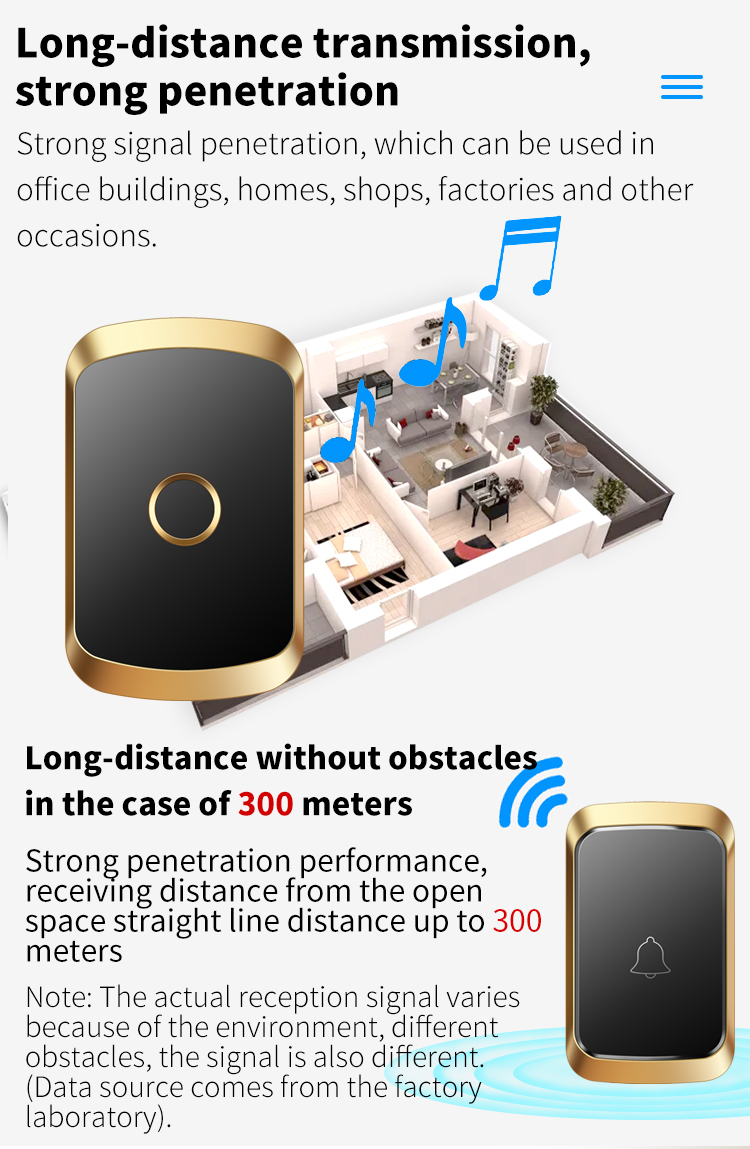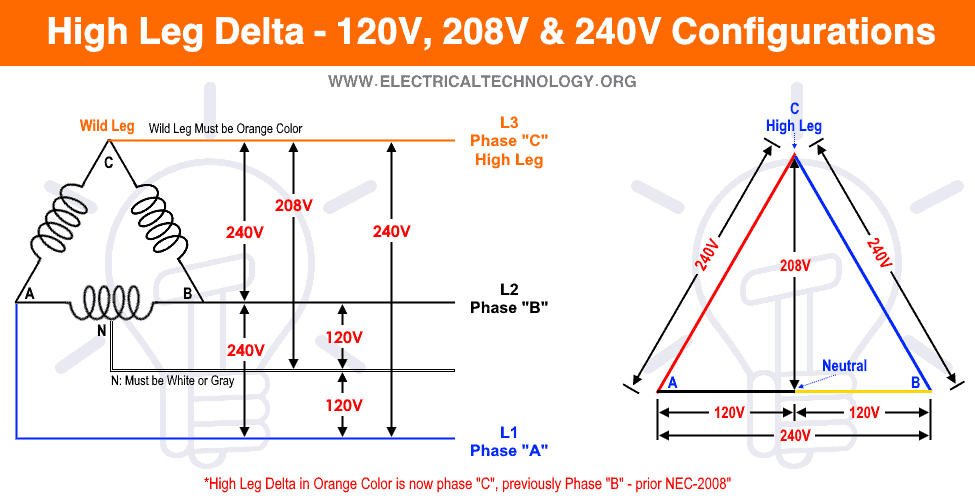Out Of This World Tips About Is 240 Voltage Good For AC

Decoding Voltage
1. Understanding AC Voltage Needs
Let's talk ACs. Air conditioners, those glorious machines that keep us from melting into puddles during summer. But have you ever stopped to think about what powers them? Specifically, the voltage? You might've heard whispers about 240V being better than 120V for your AC, and you're probably wondering if it's just electrical engineering mumbo jumbo or if there's actual truth to it. Well, grab a cool drink, because we're about to dive in.
The thing is, air conditioners, especially the larger, more powerful ones, require a significant amount of energy to operate efficiently. Think of it like trying to run a marathon on a sip of water you're just not going to get very far! These larger AC units often require a 240V circuit, as opposed to the standard 120V found in most household outlets. It's not just a random preference; it's about power delivery and overall efficiency.
Now, before you start picturing sparks flying and your house turning into a crispy critter, let's clarify: using the correct voltage is essential for safety and performance. Incorrect voltage can lead to overheating, damage to your AC unit, and even electrical fires. So, sticking to the manufacturer's recommended voltage is non-negotiable. It's like wearing the right shoes for that marathon proper equipment makes all the difference!
So, is 240V good for AC? As a general statement, 240V is not inherently good or bad. It's appropriate for certain AC units, primarily the larger central air conditioning systems and some window units. However, a smaller window AC designed for 120V would likely get fried if you plugged it into a 240V outlet. It's like putting diesel into a gasoline engine — not a recipe for success!

240V vs. 120V
2. Delving Deeper Into Voltage Options
Okay, so we've established that some ACs need 240V, but what really sets it apart from the more common 120V? Think of voltage as water pressure in a pipe. Higher voltage (240V) means more "pressure," allowing more electrical current (amps) to flow through the circuit. This is important for high-powered appliances like air conditioners that need a lot of juice to cool your home effectively.
When an AC unit is powered by 240V, it draws less current (amps) compared to operating on 120V for the same cooling output. This is where efficiency comes into play. Lower amperage means less strain on your electrical system, reduced risk of overheating, and potentially lower energy bills. It's like driving a more fuel-efficient car — you get the same performance with less gas!
Another key difference is the type of wiring required. A 240V circuit needs thicker wires than a 120V circuit to handle the higher voltage and amperage safely. These thicker wires can handle more current without overheating. Attempting to run a 240V appliance on a 120V circuit is a recipe for disaster. You risk tripping breakers constantly or even worse, starting a fire. Always consult a qualified electrician when dealing with high voltage circuits.
Essentially, 240V is a more efficient way to deliver a large amount of power. For appliances that need significant energy, like central air conditioning, its often the preferred and, in many cases, the required choice. It's not about being inherently "better" than 120V, but about being the right tool for the job.

The Benefits of Using 240V for Your AC
3. Why the Higher Voltage Might Be the Way to Go
So, we've established the need for 240V in certain air conditioning setups, but what are the actual benefits of using it? Let's break it down. One of the biggest perks is improved energy efficiency. As mentioned earlier, 240V allows your AC to draw less current (amps) to achieve the same cooling capacity. This translates to lower energy bills over time. Think of it as getting a rebate on your electricity every month!
Another advantage is reduced strain on your electrical system. When an AC unit operates on 240V, it's not constantly drawing a large amount of current from your 120V circuits. This lessens the risk of overloading your circuits, tripping breakers, and potentially damaging your electrical panel. It's like preventing wear and tear on your car by driving it at a reasonable speed rather than constantly flooring the gas pedal.
Furthermore, 240V circuits often provide more stable and consistent power delivery to your AC. This can lead to more reliable operation and fewer performance issues. A consistent power supply helps your AC run smoothly and maintain a more consistent temperature in your home. After all, no one likes an AC that constantly turns on and off like a light switch in a haunted house.
Finally, in some cases, using 240V may actually extend the lifespan of your AC unit. By reducing the strain on the motor and other components, you can help your AC run more efficiently and last longer. It's like taking care of your car with regular maintenance to keep it running smoothly for years to come.

ISDT 608AC 8A/200W Smart Hobby Charger For 16S Life Lilon LiPo LiHv/Pb
When 240V Isn't Necessary (and Can Be Harmful!)
4. Knowing When to Stick with 120V
Okay, so 240V can be great for certain ACs, but it's definitely not a one-size-fits-all solution. If you have a small window AC unit designed for 120V, plugging it into a 240V outlet would be a major mistake. It's like trying to fit a square peg into a round hole it's just not going to work, and you'll probably end up breaking something (in this case, your AC!).
Using the wrong voltage can cause serious damage to your appliance. The excess voltage can overwhelm the components, leading to overheating, burnout, and even fire hazards. It's like overfilling a balloon — eventually, it's going to pop, and the results could be messy (and potentially dangerous).
Before plugging any appliance into an outlet, always check the voltage requirements on the appliance's label. This label will usually be located on the back or bottom of the unit and will clearly state the voltage needed for safe and proper operation. It's like reading the instructions before assembling a piece of furniture — it's always a good idea to know what you're doing!
If you're unsure about the voltage requirements of your AC or the wiring in your home, it's always best to consult a qualified electrician. They can assess your electrical system and advise you on the proper voltage and wiring for your specific needs. Think of them as the doctors of your electrical system they can diagnose any problems and prescribe the right solutions.

Understanding 240Volt Circuits HVAC School
How to Determine if Your AC Needs 240V
5. A Quick Guide to Voltage Verification
So, how do you figure out whether your air conditioner needs 240V? It's actually pretty straightforward. The first place to look is the appliance itself. As mentioned earlier, there should be a label on the back or bottom of the unit that specifies the voltage requirement. This label will usually say something like "120V" or "240V." It is important to note that some bigger window AC units also need a 240V circuit even though they are window units.
Next, consider the size and type of your AC unit. Large central air conditioning systems almost always require 240V. Smaller window units typically run on 120V, but there are exceptions. If you have a particularly powerful window AC, it might need a 240V circuit. When in doubt, refer to the label on the unit or consult the owner's manual.
Another clue is the type of outlet required. A 240V outlet is different from a standard 120V outlet. It usually has a different shape and configuration of prongs. If your AC comes with a plug that doesn't fit into a standard 120V outlet, it likely requires a 240V circuit. Never try to force a plug into an outlet that doesn't match — that's a recipe for electrical problems.
If you're still unsure, the best course of action is to consult a qualified electrician. They can inspect your AC unit and your electrical system to determine the correct voltage and ensure that everything is wired properly. It's always better to be safe than sorry when it comes to electricity!

Standard And Common Voltage Levels In The US CA NEC
FAQ
6. Clearing Up Common Misconceptions
Let's tackle some frequently asked questions about voltage and air conditioning.
Q: Can I convert a 120V outlet to 240V myself?
A: Absolutely not! This is a job for a qualified electrician. Messing with electrical wiring without proper training and knowledge can be extremely dangerous.
Q: Will using 240V make my AC cool faster?
A: Not necessarily. The cooling capacity of your AC depends on its BTU (British Thermal Unit) rating, not the voltage. However, 240V can provide more stable and efficient power delivery, which might lead to slightly better performance.
Q: My AC is tripping the breaker. Is it a voltage issue?
A: It could be, but it could also be other things, like a faulty AC unit, a short circuit, or an overloaded circuit. Consult an electrician to diagnose the problem.
Q: Is 240V more dangerous than 120V?
A: Both voltages can be dangerous if not handled properly. The severity of the shock depends on various factors, but it's crucial to respect electricity and take precautions regardless of the voltage.